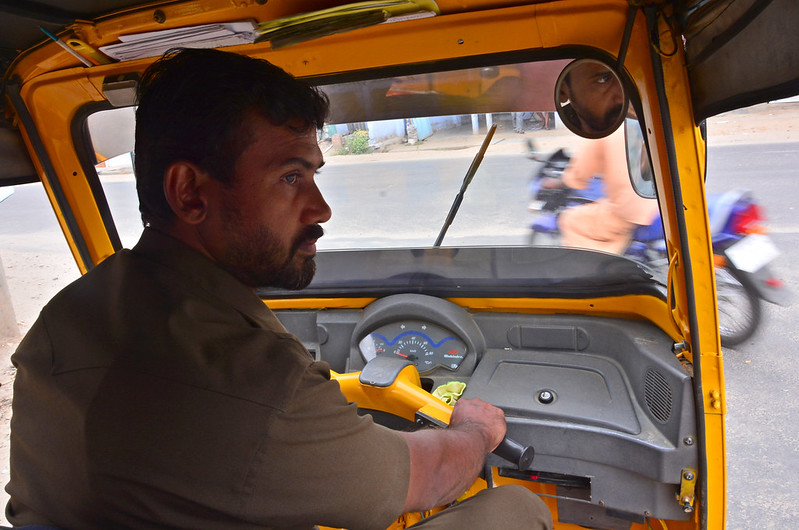A series of blasts on February 14, 1998 in Coimbatore killed 58 and injured over 200 people. Ever since that serial blasts Muslims of this town became soft targets for investigators. Muslim youth of Coimbatore have been picked up for blasts from here to Bangalore.
Mercifully the judiciary has come to their rescue but not before years lost behind bars trying to prove their innocence. Rohan Premkumar in a five-part series examines the unenviable plight of the Muslims and how their lives have been ruined after being arraigned in terror-related cases. Part 2
Preceding the Coimbatore serial blasts in 1998, between the end of November and the start of December, communal riots broke out between Hindus and Muslims, leaving a total of 20 dead on both sides.
One of the men charged with the riots, Mubarak Ali, who was 19-years-old when he was arrested, and acquitted on all counts in 2010, spoke of how the police tried to efface and purge his identity from their records.
Mubarak Ali, now married and father of two children, works as an auto rickshaw driver in Selvapuram. In 1997, Mubarak Ali was charged with the attempted murder of a man in Ukkadam. Later, police tried to name him as an accused in the 97’ Tiruchy train blasts and also for other terror related incidents in Coimbatore city.
In 1998, after the Coimbatore serial blasts, a prison riot broke out inside the compound, leading to Mubarak and many others being transferred to the Tiruchy Central Prison.
In direct contravention of the Geneva Convention on Human Rights, Mubarak Ali claims that CBCID-SID police had used sleep deprivation techniques and did not let him sleep for four days in order to coerce a confession from him. “I did not sign the statement the police themselves had prepared. And that probably contributed to me not having received a conviction, despite all the evidence that I was in no way responsible for any of the attacks.”
The police had allegedly told Mubarak that he was a notorious terrorist named Gani alias Mohammed Gani. Even in the chargesheet produced at the court, Mubarak, who holds a ration card and driver’s license clearly stating his name to be Mubarak Ali, was termed as “Accused Number 5, Gani alias Mohammed Gani.”
Mubarak, who was arrested on an attempt to murder charge, was then later accused of his involvement in the serial blasts in Coimbatore and also for explosions on three trains at Trichy, Thrissur and Erode. In May 21, 2010, after not a single witness testified against Mubarak Ali, a Madras Court acquitted him of all charges, and after spending the best part of 12 years in prison without bail, Mubarak Ali was finally released.
Mubarak Ali, who was working as an embroider at the time of his arrest, and was earning a decent wage, claims that he was denied the opportunity of becoming a contributing member to society due to the injustice meted out to him by the police and the judiciary. “After I was arrested, artisan-dependant-embroidery was mechanized. If I had not been falsely arrested, I might have learned the trade and still be earning enough to keep food on the table for my wife and children.”
Such was the level of “discrimination” among both the police as well as the judiciary that Ali was denied permission by a judge to attend his father’s funeral, despite the fact that there was a provision in the law for allowing him to do so.
“When police first took me into custody, they said I would be released after 40 days. I spent close to 13 years in jail for a crime I did not commit,” says Mubarak.
He says that despite being acquitted, police still keep a track of him. After the twin blasts at the Chennai Central Railway Station, police took me to the PRS Grounds, where they again said I was Mohammed Gani, and asked me if I knew anything about the blasts.
“I lost an entire day’s wages, but was relieved that I was not being charged again. The feeling that I could be arbitrarily be charged with a crime still lingers,” he said.


